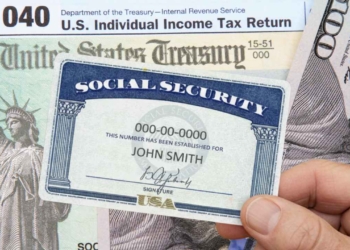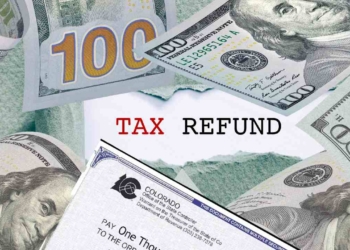The Internal Revenue Service (IRS) warns taxpayers who do not meet their tax obligations that they may end up owing a penalty. As a matter of fact, there are 4 main reasons why the Agency may charge taxpayers a penalty.
In the first place, one of the most common reasons why you may owe a penalty is because you do not file your 2024 tax return on time. For your information, the IRS allows you to file from January 27, 2025, through April 15, 2025. Therefore, there is plenty of time to do so. If you need extra time, you can pay now and file for an extension of time.
2nd and 3 reasons why you may owe the IRS a penalty
If you do not want to pay a penalty to the IRS, make sure you pay any tax you owe before the deadline and in the right way. In fact, it will depend on the tax obligation you neglect and the penalty you may have to face. For example, here are some types of penalties:
- accuracy-related penalty
- failure to pay
- failure to file
- information return
- Failure to deposit
- Erroneous claims for refund or credit penalty
- Dishonored checks
- Tax preparer penalty
- International information reporting
- Underpayment of estimated tax by individuals or corporations
Another reason why the IRS may charge a penalty is because of the fact that the taxpayer does not prepare and file an accurate 2024 tax return. No doubt, hiring a tax preparer can allow you to forget about this annual burden and you can avoid any penalties with their support.
4th reason why the IRS may charge a penalty
The last reason that will be dealt with in this article will be a penalty for those taxpayers who do not provide accurate and timely filed information returns in the United States.
Taxpayers can easily avoid penalties if they:
- file accurate 2024 tax returns
- pay tax by the due date
- furnish any information returns timely
Those who need additional time can pay now their tax liability and then file for an extension of time at: https://www.irs.gov/filing/get-an-extension-to-file-your-tax-return







